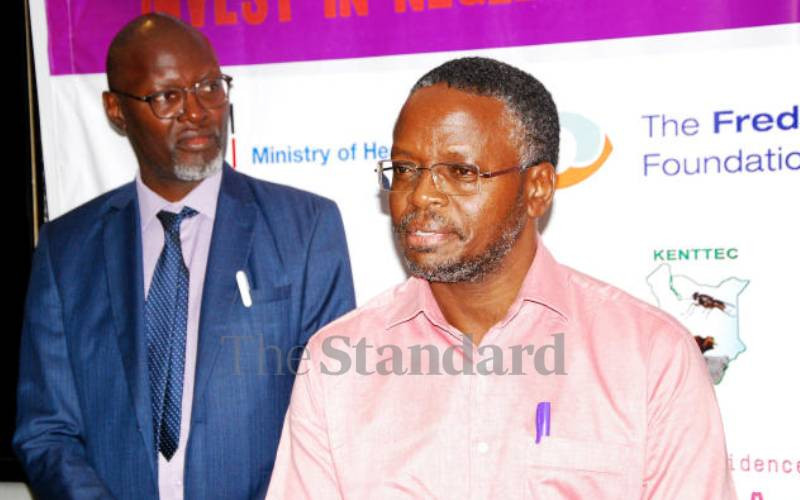×
The Standard e-Paper
Smart Minds Choose Us

At least 25 million people suffer from one or more neglected tropical diseases (NTD), despite the country's efforts to eradicate the illnesses.
A majority of these people are poor and cost millions of shillings in lost productivity. To eliminate the diseases, there is a need to invest in treatment and management.